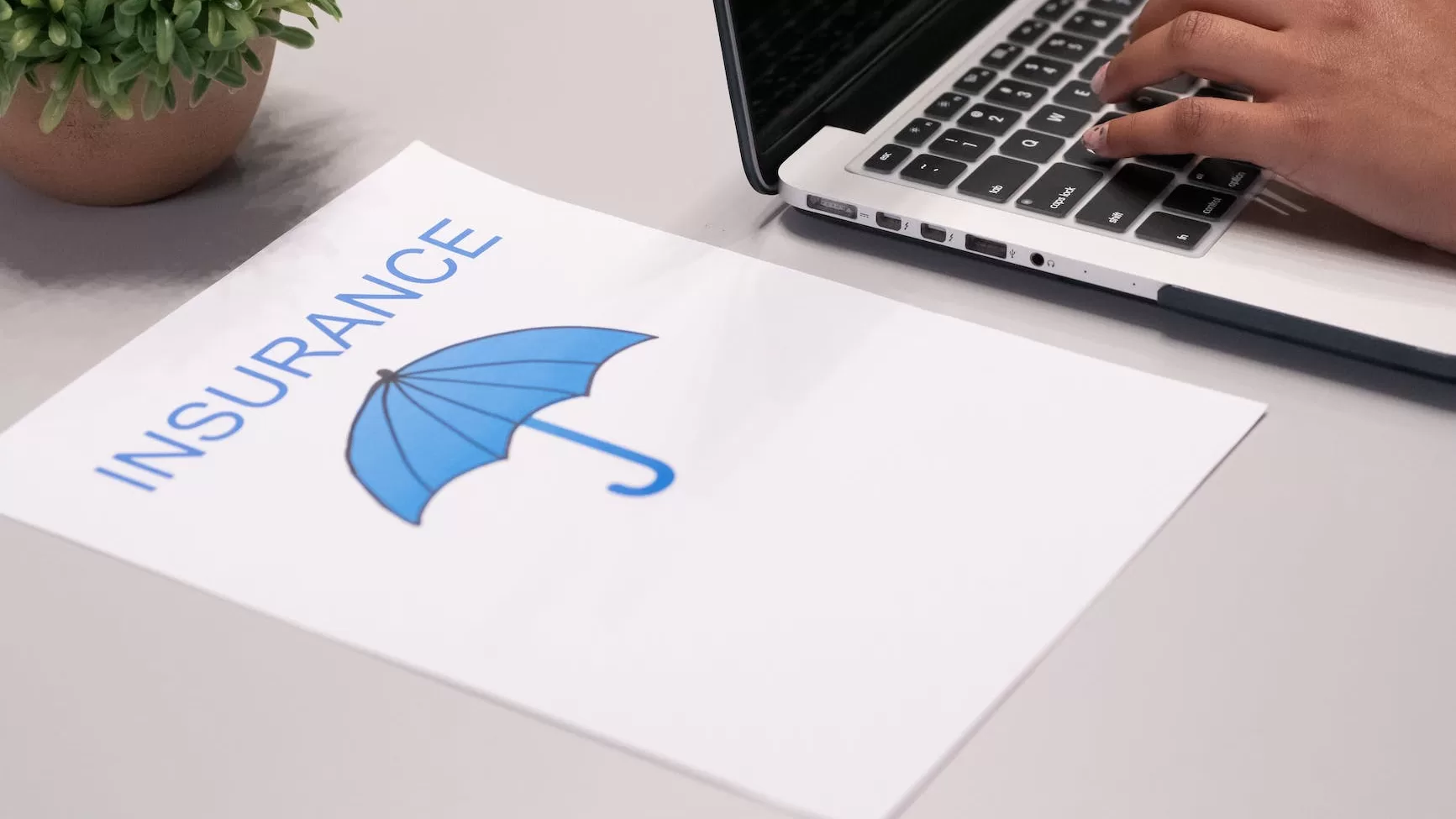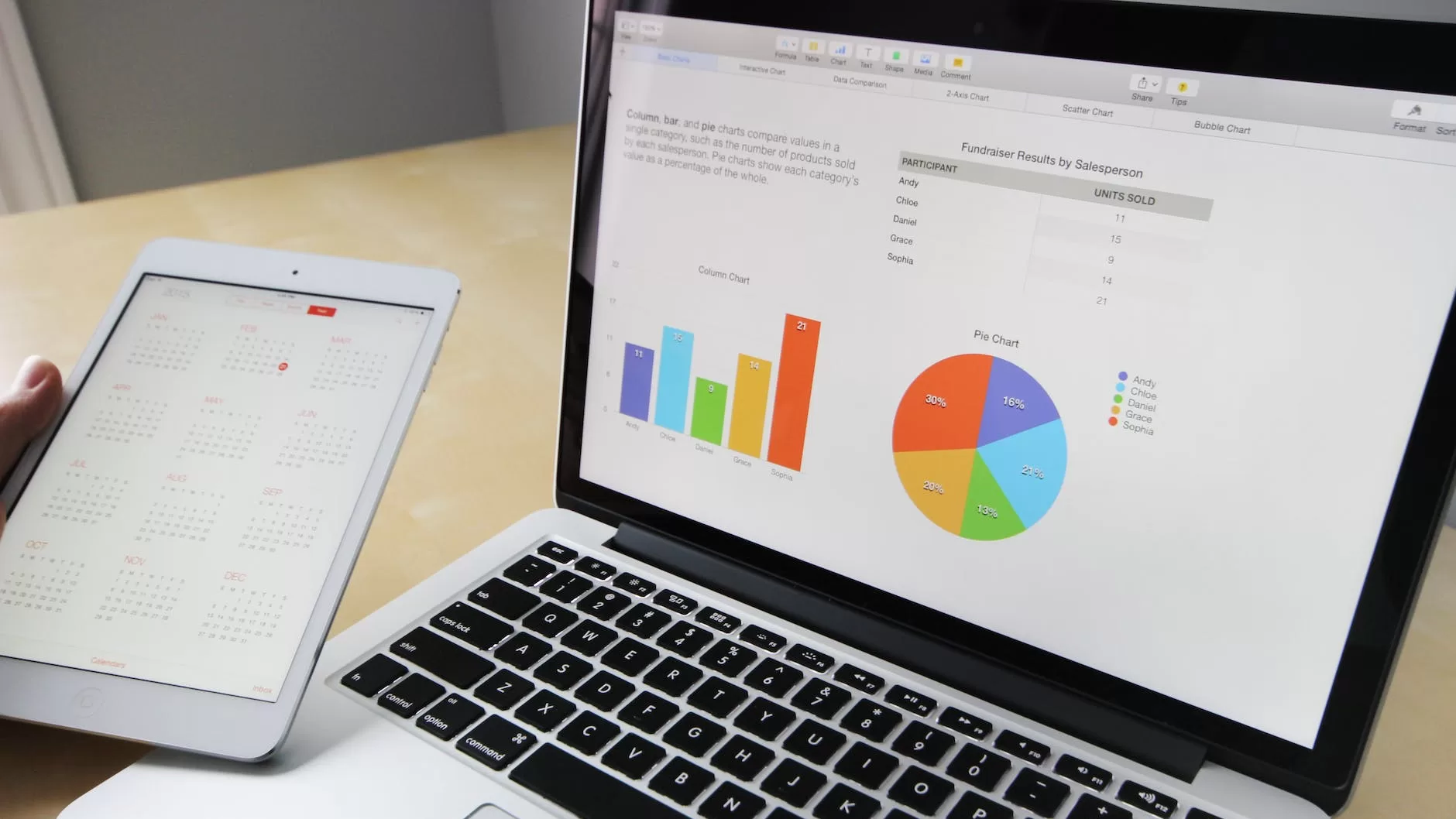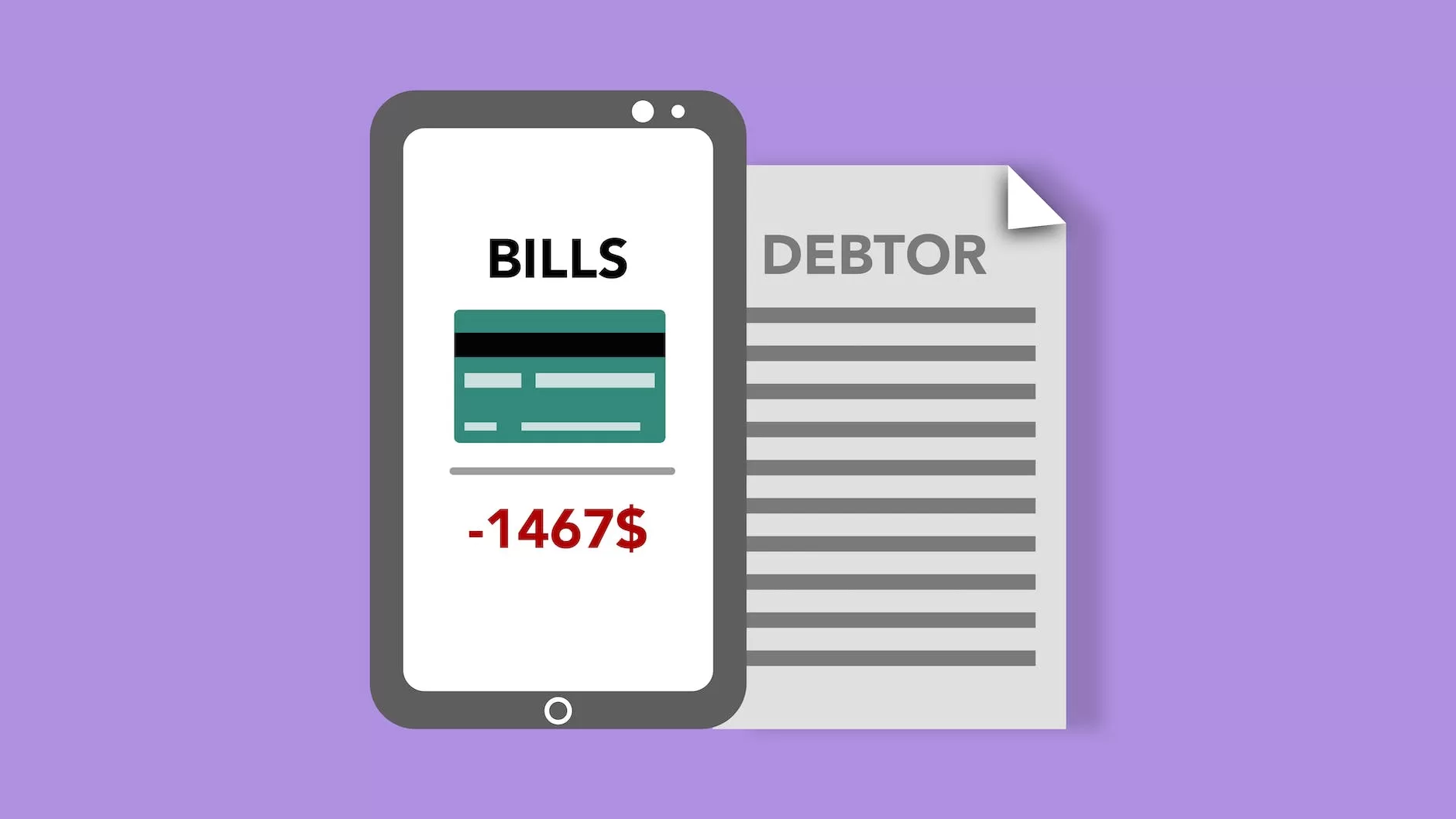In this post, we will review 7 money mistakes to avoid, but first, here is our disclosure.
Disclosure: This post may contain affiliate links, meaning we earn a commission on purchases made through those links at no extra cost to you. As an Amazon Associate, I earn from qualifying purchases.
Disclaimer: The content on this site is for informational and educational purposes only and does not constitute financial, investment, legal, tax, or any other professional advice and should not be used as a substitute for professional advice. For more details, read our full Disclaimer.
1. Spending More Than You Make

Spending more money than you earn is a surefire way to ruin your finance. This is because many people rely on credit cards to cover the difference between their income and expenses. Unfortunately, the average APR on credit cards is over 20%. As a result, your credit card debt may continue to grow, making it even more challenging to pay it off in the future.
Sometimes, it can be tempting to rationalize credit card spending by telling yourself that you deserve a certain purchase because of your hard work. Additionally, you may believe you are reaping the benefits of credit card rewards. However, if you cannot pay your credit card bills in full every month, are the rewards that come with those purchases worth it. After all, is it worth receiving 2% cash back when you are charged over 20% APR on any outstanding balances you hold?
Rare is the person who accumulates wealth by borrowing money for purchases at interest rates exceeding 20%.
Actions To Take:
It is important to monitor your spending and make smart choices with your money. If you can only make minimum payments on your credit cards and can’t pay off your balances in full each month, it’s time to take a step back and see where you can cut back. Remember, it’s always better to hold off on buying something if you can’t afford it than to rack up unnecessary debt.
2. Not Having An Emergency Fund

Another way to ruin your finances is not to save money. If you consistently spend more than you earn and fail to prioritize saving, even a single unexpected expense can send you into financial hardship. It only takes one big car or home repair to push you over the edge.
According to Bankrate’s 2023 annual emergency savings report, less than half of people would rely on their savings to cover a $1,000 expense. Instead, 25% would opt for a credit card, while 15% would either borrow from loved ones or take out a personal loan. Even more shocking, Bankrate’s survey also found 66% of Americans are worried about being able to cover a month’s worth of living expenses. If that is not scary enough, the same survey found that over a third of Americans have more credit card debt than emergency fund savings.
Actions To Take:
Saving money is important for financial stability. It’s a good idea to have an emergency fund covering 3-6 months’ worth of expenses. To make it easier to save, set smaller goals with clear timelines. For example, if you want to save $10,000 for a 3-month emergency fund, you might start by saving $277 each month for the next 12 months to have an emergency fund equal to one month of expenses. Once that goal is reached, move on to funding the second month of your emergency fund. Keep repeating until you have saved up 3 months of expenses.
Online emergency fund calculators are available to assist you in determining the appropriate size of your emergency fund. I have found that PNC Bank has one of the better emergency fund calculators. PNC Bank’s calculator considers your income and expenses. Then you can enter how much you want to save monthly for an emergency fund based on that information to reach your goal.
Helpful Tip: To ensure your savings grow, place your funds in a high-yield savings account that is FDIC insured. This will allow you to earn interest while keeping your money safe.
3. Taking on Too Much Debt

There may be instances where you need to borrow money to cover major expenses. These situations can significantly impact your financial situation and lead to substantial debt. As a result, you may face challenges in paying for necessary expenses and repaying your loans. Ultimately, you are left with little to put towards savings or future financial goals.
When borrowing money, it’s important to resist the temptation to spend more than you need to. Loan originators often highlight the monthly payment amount rather than the total cost of the loan. This can be a misleading tactic that can lure you into spending more than you need to. If you’ve ever financed a car through a dealership, you’re probably familiar with this approach. The same is true when buying a home.
When hunting for your dream home, getting pre-approved for a loan is always a good idea. This way, you’ll know how much you can borrow and your interest rate. However, it’s important to remember that just because you’re pre-approved for a certain amount doesn’t mean you should go ahead and buy a house at the top of your range. It’s better to be cautious and only buy what you can comfortably afford so that unexpected expenses or job loss won’t put you in a tough spot financially.
It is also common to come across buy now, pay later financing options everywhere nowadays. Even Amazon and Apple have joined in by providing this option for everyday purchases. However, limiting or eliminating this type of financing is important as it can lead to overspending. Also, if you miss a payment, you could be hit with additional fees and interest penalties that date back to the start of the loan.
Actions To Take:
Know your number before you shop. Before making big purchases, like a car or home, determine how much you can spend before going to the car dealership or mortgage company. Look at the total amount you will spend, not just the monthly payment amount. Don’t let fancy bells and whistles that you would rarely use get you to spend more.
When shopping online or for new furniture, don’t get pulled into buy now, pay later financing. For example. let’s imagine you are shopping for a new tv, and the tv you are eyeing is $800. You might be given the option to pay $200 down and then break out the remaining payments into 3 months. Don’t do it. The better option is to save up the money over the same period of time and purchase the tv outright. Doing so will avoid any chance of missing a payment and being hit with additional fees and interest.
4. Large Student Loans

Student loans represent a distinct form of debt separate from car loans and mortgages. There is no doubt that education is important, but that does not mean you should overspend for it. I have read articles recently showing the total owed in the US on student loans is approaching $2 trillion. That is scary.
Many people get caught in the trap of thinking all education is good and, therefore, it does not matter what you spend on it. This leads people to overspend on a degree with the same earning potential, whether you receive it from a private institution charging $60,000/year or a public institution charging less than $20,000 per year. That one decision can change your financial picture for the rest of your life.
Having too much student loan debt can leave you financially strapped and limit the amount you can put toward savings. It can delay you from investing for retirement at the most opportune point in life when time and the power of compounding will have the greatest impact. It will also make it exceedingly difficult to purchase a home and start a family if you desire it.
Actions to Take:
Embarking on your college journey can be a life-changing decision. As you consider your preferred degree, take the time to research the employment prospects and potential salary. By focusing on degrees that are in high demand, you can open up opportunities for a fulfilling career and financial stability.
After deciding on your degree, selecting the right college is crucial. It’s important to assess whether your job opportunities and income will vary significantly based on your choice of institution. Is it worth attending a $60,000/year college over a $20,000/year one if it does not alter your job and salary prospects for your chosen degree? Additionally, depending on your career goals, it’s worth considering if investing in a trade school or professional certification would be a more practical option than paying for an expensive college degree.
The key point is that education is an investment in yourself, so it’s important to spend the time to research and assess the return on the investment. So, with due diligence and research, you can turn your educational experience into a stepping stone toward a bright future.
5. Being Underinsured

Let’s be honest; insurance isn’t exactly the most exciting thing to talk about. I get it, it can be pricey, and we all want to save money where we can. But it’s really important to ensure we have the right insurance coverage, even if it means spending a bit more. I know it might seem like an unnecessary expense, but you don’t want to be caught without adequate insurance when you really need it.
Have you taken a moment to review the minimum auto insurance requirements in your state? After reviewing auto insurance requirements for the largest states in the US, the bare minimum may not be enough. For example, California’s minimum bodily injury coverage is $15,000 per person and $30,000 per accident, with property damage coverage set at $5,000 per accident. With the high cost of cars these days, this coverage may fall short. Furthermore, you could be liable for any injuries sustained and legal fees, which can quickly accumulate well above your bodily injury coverage.
It’s important to have adequate insurance coverage for various aspects of life, such as home, health, and disability. Insufficient coverage can lead to overwhelming debt and difficulty in paying bills. It may be tempting to skimp on insurance costs, but cheaper options may not provide sufficient protection.
To put it all in perspective, remember that Bankrate’s 2023 annual emergency savings report found that less than half of people would rely on their savings to cover a $1,000 expense. Now consider the financial predicament these individuals would face in the event of a car accident that surpasses the minimum coverage they opted for. To illustrate this point, let’s examine an example of how easily things can take a turn for the worse.
Saving a Cat Costs You Thousands
Imagine you’re part of the group surveyed by Bankrate who don’t have enough savings to cover a $1,000 expense. You live and work in California and opted for the minimum car insurance policy to save money. While driving home from work, a car in front of you suddenly braked to avoid hitting a cat in the road. Although the other car could avoid the cat, you couldn’t avoid hitting their car from behind.
Fortunately, the other driver incurred only minor injuries, and the liability coverage of $15,000 covered their medical expenses. However, the car you collided with was a brand-new Porsche Boxster with a retail price of over $65,000. The repair expenses amounted to $10,000, which is twice the $5,000 property damage coverage on your insurance policy. Your insurance company will not pay anything over the $5,000 limit. This can leave you with few choices to come up with the shortfall and force you to take actions that drive you deep into debt.
Actions To Take:
Incorporating insurance into your overall financial plan is of utmost importance. It safeguards against unexpected events, protecting your assets and finances. To ensure you have sufficient coverage, it’s important to periodically review your assets and financial situation. If you’re uncertain about where to start, consider seeking advice from an independent insurance agent or financial advisor. They can assist you in determining the appropriate types and levels of coverage to suit your needs.
6. Not Knowing Your Financial Picture

Are you aware of the investments you hold and their performance? Additionally, do you have knowledge of the fees and expenses attached to these investments? If someone asks about your net worth, would you be able to provide an answer? If not, or if you are uncertain, it could negatively impact your financial well-being. This is different from having a budget,
Whether you are handling your investments independently or under the guidance of a financial expert, comprehending the nature of your investments is very important. If you are working with a financial advisor, don’t hesitate to ask for clarification if you’re uncertain about something. Are you managing your investments by yourself? Then it’s necessary to be able to recognize when to seek help from a professional.
Actions To Take:
Track your accounts; this can be monthly or quarterly. If someone asks about your net worth, you should be able to provide a close estimate. This means being aware of your investments, assets, savings, and debt. It is also essential to know your investments’ performance. After all, it’s your money that’s being managed, even if you have enlisted the help of a financial professional. If you’re uncomfortable with the current state of your investments or don’t fully comprehend them, it’s your right and responsibility to ask questions and, if needed, seek further guidance from other financial advisors.
7. Not having a Budget

I saved the most important thing for last. Talking about budgets can be a bit overwhelming and boring, so many folks tend to steer clear of it altogether. But trust me; it’s vital to have a basic understanding of your expenses to avoid financial headaches down the road. Without a budget, you could be unknowingly wasting a lot of money. Seeing the actual numbers can be eye-opening and give you the motivation you need to make a change.
Budgeting doesn’t have to mean sacrificing the things you enjoy, like eating out or canceling your favorite streaming services. It’s actually a smart way to take control of your spending and prioritize where your money goes. By making small adjustments, like cutting back on eating out, you can start saving more money and reducing your debt. And when you invest that money wisely, your hard work will pay off even more in the long run with the power of compounding and dollar cost averaging.
Actions To Take:
Make a budget. There are several budgeting methods available that can cater to your specific needs. If meticulously tracking every penny you spend seems overwhelming, you can opt for another approach that still enables you to review your spending habits without recording every dollar. It’s important to recognize that you can’t make any significant changes to your financial situation if you don’t clearly understand where your money is being spent.
So take charge of your finances and watch your money grow!





